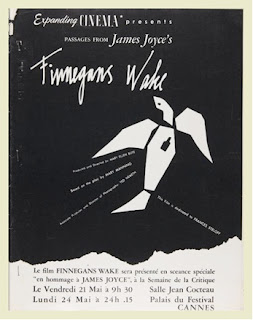Oddball Films Media
•
Mar 24, 2013
Image
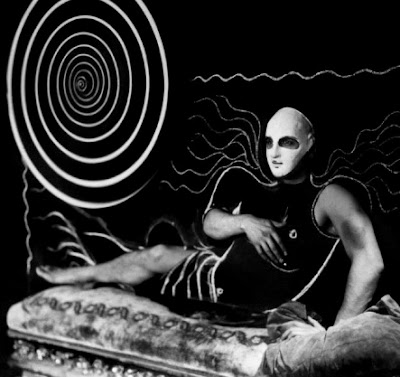
Image
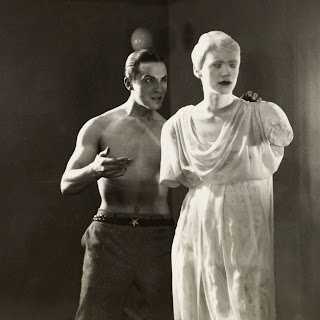
Venue:Oddball Films, 275 Capp Street San Francisco
Admission:$10.00 Limited Seating RSVP to programming@oddballfilm.com or
(415) 558-8117
''Such is the role of poetry. It unveils…it lays bare, under a light which shakes off torpor, the surprising things which surround us and which our senses record mechanically.''
- Jean Cocteau
Featuring:
Blood of a Poet: Episode 2: “Do Walls Have Ears?” (B&W, 1932)
80 years after its release, Cocteau’s landmark film, a sort of abstract allegory of artistic inspiration and the often-painful process of creation, still feels fresh. We’ll look at the second of the four episodes, in which our poet, prompted by a statue come to life (photographer Lee Miller in her only cinematic role), steps through a mirror and into a corridor of locked doors, peeping through keyholes to stare at the strangest of spectacles, sights perhaps better left unseen.
Image
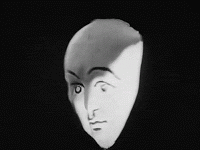
Image
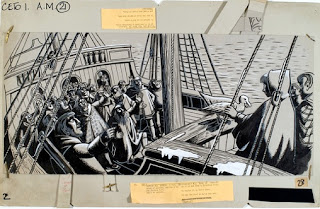
Sir Richard Burton narrates this animated adaptation of Samuel Taylor Coleridge's Rime of the Ancient Mariner, directed by John Ryan. The weathered sailor of the poem’s title tells that nightmarish tale involving the curse of the albatross, spectral seamen, and uncharted waters teeming with malevolent creatures. The hypnotic rhythms of Coleridge’s masterful verse are complimented by the film’s peculiar animation style, combining drawings that imitate woodcuttings in stop-motion, deep contrast shading, and meticulous camera movement.
Image
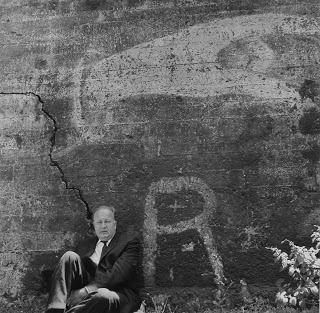
A film about the mid-20th Century poet Theodore Roethke in which he imparts his philosophical views on the sources and functions of poetry, his approach to writing poetry and biographical information of interest. Mr. Roethke reads some of his works, which illustrate the author’s conviction that a poet should reveal every aspect of his nature. Beautiful black and white photography is interspersed with shots of Roethke among the cluttered paraphernalia of his home, and in the classroom responding to his students. This film includes readings of beloved Roethke poems such as “The Waking,” “My Papa’s Waltz,” and “In a Dark Time,” as well as a number of profound little insights and observations. “Adolescence is…a time of being blurred, or fuzzy or uncertain of what’s going on…so much of adolescence is an ill-defined dying. We are always dying into ourselves and then renewing ourselves…”
Finnegan’s Wake – selections -- (B&W, 1966)
Upon its initial publication, Finnegans Wake alienated a great many readers, including even some of the author James Joyce’s own friends and supporters (one of whom said, “I do not care much for...the darknesses and unintelligibilities of your deliberately entangled language system”). Director Mary Ellen Bute pulls out all the stops here in this, the only filmic adaptation of an infamous literary experiment. The film is visually remarkable, but it also provides an opportunity to hear Joyce’s hybrid dream language (culled from sundry tongues) spoken aloud.
Curator’s Biography:
Landon Bates is a UC Berkeley graduate of English literature and is the drummer for the two-piece band Disappearing People.



